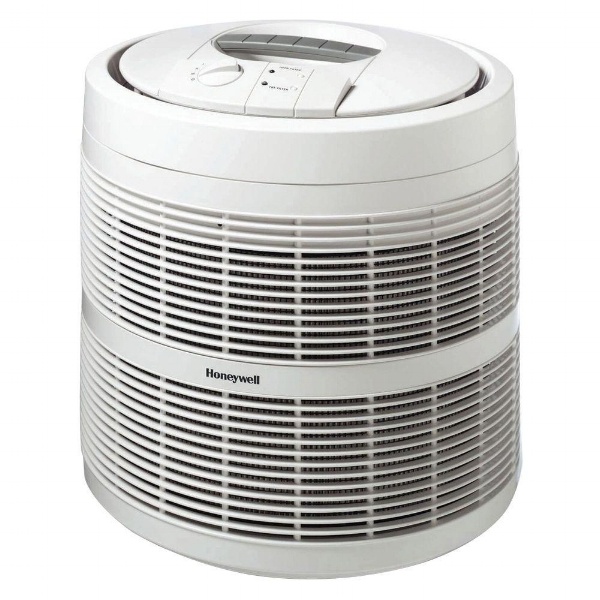Is It Time to Replace Your HVAC?
As the temperature keeps rising outside, HVAC units (or Heating, Ventilation, and Air Conditioning Unit) will soon be kicking into overdrive. But, what are the signs that it’s time to replace it? After all, when it’s 115F, no one wants to be stuck with a broken HVAC. There comes the point when it’s time to assess the unit to determine if it might need to be replaced. Here are some factors to take into consideration:
Age of the unit
Most units are meant to last approximately ten to fifteen years. Finding the age of the unit can be as simple as checking the owner’s manual that should be included with the house. The home should have also had a recent home inspection that would offer those details as well. If the unit is nearing the ten-year mark, it’s time to research new ones.
The electric bill
When the homeowner’s electric bill has continued to increase without the addition of other appliances or fixtures in the house, the most likely culprit is an aging HVAC. An inefficient HVAC will require more energy to run, and an HVAC costs the consumer more than any other appliance in the home. Replacing the unit could drop the energy bill down by 25-30% or even more depending on the unit. That amount can help offset the price of replacement substantially.
Frequent repairs
The homeowner who has the HVAC service and repair company repair on their speed dial has a problem. While it is a good practice to have the name and number of a good quality professional easily at reach, it’s not typical to need them frequently. It may be time to ask what they would suggest in a new unit if the old one is continually breaking down. The amount spent on repairs could also offset the cost of a new unit.
Cooling problems
Another indicator that the unit may be weakening is if the temperature inside does not seem to be dropping even when the unit is continuously running. While a ceiling fan may help, a good HVAC unit won’t cool a house unevenly or not at all.
Noisy
Lastly, thumping, whirring or other odd noises coming from the unit are a concern that the unit is nearing its end. Newer units are quieter, more efficient and you may not even hear it running.
Ann B., of Phoenix, just replaced her unit last year. “The old unit looked like a rusty old scow and sounded like a jet taking off whenever it was on, which was all the time in the summer. After I got the new unit, I saw my electric bill drop by half, the unit is quiet, and it’s always cool now,” she says of her new HVAC.
If you have concerns about your HVAC unit such as the ones listed above, or a matter that wasn’t covered, it’s time to talk to a professional about new-unit options. Sometimes, an HVAC has a lot of life left in it and needs a simple adjustment or repair. But without talking to a pro, there is no way to know for sure.
Maintain a pleasant work and home environment with new AC installation, AC replacement, AC repair and maintenance, and AC tune-up services from 911 Heating, Cooling & Plumbing. Call today at 602-795-2900 for a free quote.


